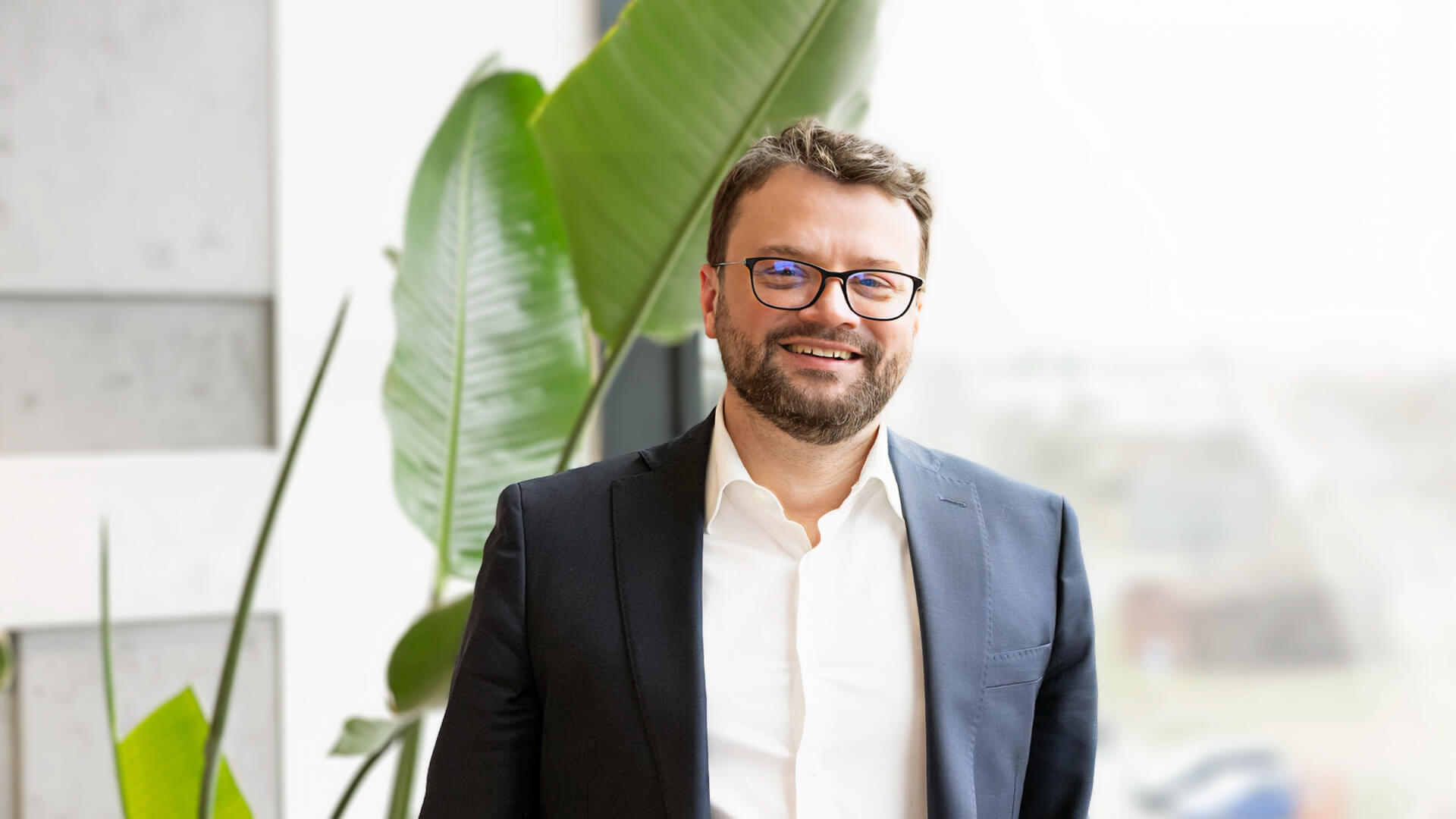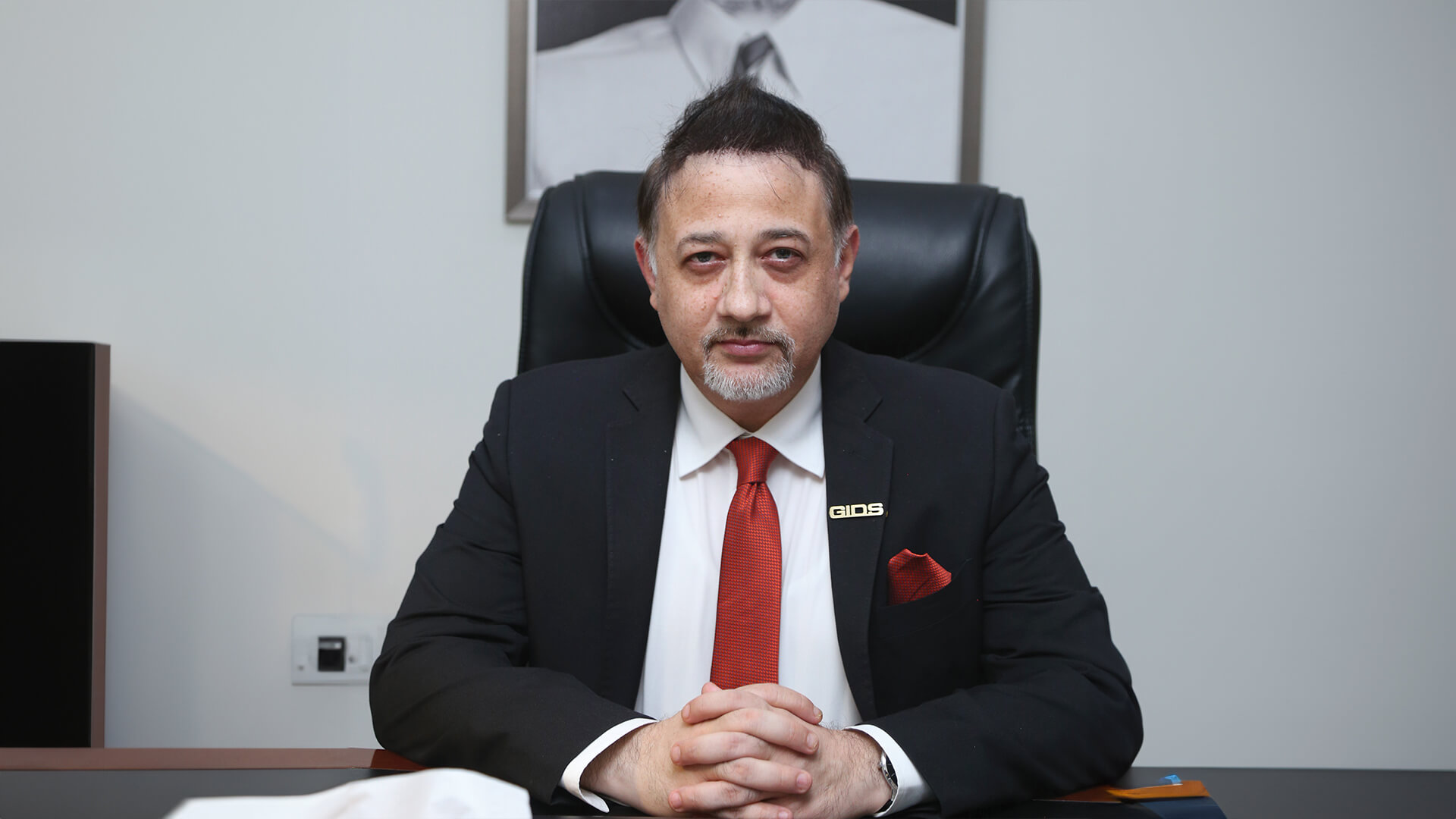Sustainable tourism is based on two main principles: reducing the negative effects of travel while maximising the positive ones. Individual and institutional shifts are often required to facilitate business travel. There are numerous options for greening business travel without giving up the benefits of face-to-face interaction. Making minor adjustments to how you usually conduct business travel might have a significant impact over time.
Here are 9 ways to introduce sustainable travel to your business…
No. 1 – Book business travel mindfully
Think about the possibility of working remotely before booking that expensive business vacation. Now more than ever, people can hold meetings without leaving their homes like video conferencing and digital project management software. Consider your final destination while considering if a trip is truly necessary. High visitor numbers might be problematic in some areas, while others actively promote tourism due to its economic benefits. While Barcelona has always had trouble accommodating its tourists, many adjacent cities and villages are suitable options for gatherings of this kind.
No. 2 – Book lower emissions flight options
By choosing nonstop flights, you can lessen the environmental impact of your work trips. Takeoff and landing produce the most carbon emissions. In addition to helping the environment, direct flights are a popular choice among busy professionals. Additionally, less pollution is produced by the flying economy as opposed to business. There may be a bit less space for your legs, but the aircraft as a whole will have a reduced carbon imprint.
No. 3 – Consider eco-friendly alternatives
It’s important to weigh the environmental impact of each mode of transportation while arranging your journey. Taking a train or bus instead of a plane can save you money if your final destination isn’t too far away. You can also lessen your impact on the environment by sending any work-related items or luggage ahead of you using carbon-neutral shipping methods.
No. 4 – Choose environmentally friendly hotels
Many of the world’s largest hotel groups have already adopted eco-friendly policies to reduce their carbon footprint. Composting is used by many hotels to prevent food waste, and many establishments have made changes to their menus to be more eco-friendly. Consider a hotel’s commitment to sustainability and its usage of renewable energy sources like solar, wind, and geothermal when planning your next trip.
No. 5 – Go paperless
It’s easy and convenient to practise sustainability by making the switch from paper to digital travel documentation. This not only helps save trees, but also streamlines the process of organising and preparing a trip. Digital boarding cards and flight information can be accessed and downloaded directly from the airline’s app. You may also book future stays and view confirmations on the go using some hotel brands’ mobile apps.
No. 6 – Support local businesses
Plan your business meals at locally owned and managed establishments rather than national chains. Find eateries that care about their employees by providing them with decent compensation and pleasant environments to work in. The carbon footprint of your dinner will be smaller if you eat at restaurants that obtain their ingredients locally. Another method to lessen your ecological footprint is to choose vegetarian or vegan options whenever possible. Compared to a diet high in meat, the amount of carbon dioxide released from a vegetarian diet is roughly half.
No. 7 – Be respectful of the local community
Remember that you are a guest in someone else’s community when you travel for business. Do your homework on the local customs before you go, and make sure everyone on your team knows how to behave in professional and social settings. By doing so, you can promote a positive image for your company while avoiding potential conflicts. Reading up on the history of your location, as well as any current events that may affect your trip, is just as important as learning the proper etiquette and cultural customs before you arrive. You’ll be a more respectful visitor and have an easier time finding your way around if you do so.
No. 8 – Get your entire team on board
You’ll need the support of everyone in your organisation for your sustainability effort to be a success. Make sustainable travel the company’s standard practise so that everyone is on the same page. To ensure that your team members understand what is expected of them, you should be as precise as possible in your policy. Providing sustainable travel training for your staff is the next step after defining your travel policy. This will provide your staff with a deeper understanding of the significance of sustainability and the steps they can take to be more responsible on business trips.
No. 9 – Continuously measure your impact
It’s crucial to keep tabs on your company’s development towards more eco-friendly and ethical travel practises. In fact, when new rules like the European Corporate Sustainability Reporting Directive (CSRD) take effect, many larger companies will be compelled to account for the emissions generated by business travel. Keep track of your carbon footprint to see if your efforts are paying off and where you may make further reductions.













